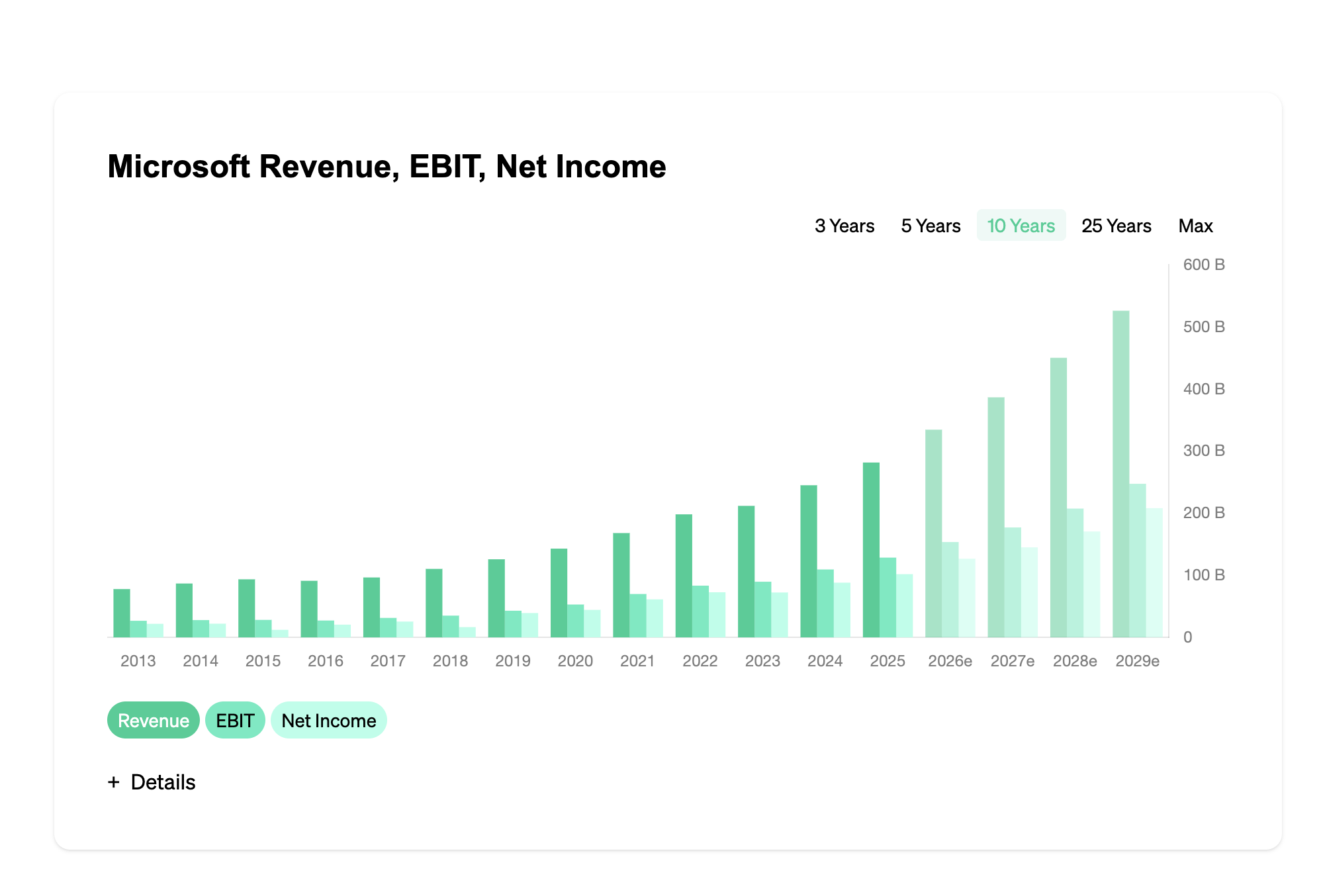Defraudation
Definition und Erklärung
TL;DR – Kurzdefinition
Zu den FAQs →Defraudation: Defraudation (Betrug in German) is a term referring to a deliberate act of deceit, misrepresentation, or manipulation undertaken with the intention to deceive investors, causing them financial harm. In the context of capital markets, defraudation is a serious offense that undermines the integrity and trust in the financial system. Given the complexity of the ever-evolving financial landscape, investors are exposed to various forms and schemes of defraudation. These can range from insider trading and market manipulation to Ponzi schemes and fraudulent investment advice. Understanding defraudation is crucial for investors, as it enables them to identify potential risks and protect themselves against financial losses. Insider trading (Insiderhandel), a common form of defraudation, occurs when individuals with non-public information trade securities, taking advantage of their privileged insights. Such actions undermine the fairness of the market and can distort price movements. It is important to note that insider trading is illegal and subject to severe penalties under the German Securities Trading Act (Wertpapierhandelsgesetz). Another form of defraudation is market manipulation (Kursmanipulation), where false or misleading information is disseminated to influence stock prices. This can be achieved through spreading rumors, conducting wash trades, or engaging in stock price rigging (Aktienkursmanipulation). Market manipulation distorts the supply and demand dynamics and can lead to artificial price movements detrimental to investors' interests. One infamous example of defraudation is the Ponzi scheme (Schneeballsystem). Named after Charles Ponzi, this fraudulent investment operation relies on the continuous influx of new investors' funds to pay promised returns to existing investors. This unsustainable model eventually collapses, leaving many investors with substantial financial losses. German law considers Ponzi schemes as criminal acts and subject to prosecution under the Penal Code (Strafgesetzbuch). Furthermore, defraudation can occur through the provision of fraudulent investment advice (Betrügerische Anlageberatung). This involves dishonest practices by individuals or entities offering financial recommendations that are intentionally misleading or omit crucial information. Victims may be enticed by false promises of high returns or lured into investing in unsuitable products. It is crucial for investors to conduct thorough due diligence and seek advice from reputable professionals to avoid falling victim to such fraudulent practices. In conclusion, defraudation encompasses various fraudulent activities aimed at deceiving investors in capital markets. By becoming familiar with different forms of defraudation, investors can better protect themselves from financial harm. Awareness, due diligence, and adherence to the regulatory framework are essential in maintaining the integrity and stability of the capital markets. At Eulerpool.com, we strive to provide investors with comprehensive and informative resources to enhance their understanding of the financial landscape. Our glossary serves as a valuable tool, enabling investors to familiarize themselves with the technical terminology associated with capital markets, including terms related to defraudation. By staying informed, investors can make informed investment decisions while mitigating potential risks. Stay tuned to Eulerpool.com to explore our expansive glossary and stay up-to-date with the latest developments in the world of finance.
Ausführliche Definition
Häufig gestellte Fragen zu Defraudation
Was bedeutet Defraudation?
Defraudation (Betrug in German) is a term referring to a deliberate act of deceit, misrepresentation, or manipulation undertaken with the intention to deceive investors, causing them financial harm. In the context of capital markets, defraudation is a serious offense that undermines the integrity and trust in the financial system.
Wie wird Defraudation beim Investieren verwendet?
„Defraudation“ hilft dabei, Informationen einzuordnen und Entscheidungen an der Börse besser zu verstehen. Wichtig ist immer der Kontext (Branche, Marktphase, Vergleichswerte).
Woran erkenne ich Defraudation in der Praxis?
Achte darauf, wo der Begriff in Unternehmensberichten, Kennzahlen oder Nachrichten auftaucht. In der Regel wird „Defraudation“ genutzt, um Entwicklungen zu beschreiben oder Größen vergleichbar zu machen.
Welche typischen Fehler gibt es bei Defraudation?
Häufige Fehler sind: falscher Vergleich (Äpfel mit Birnen), isolierte Betrachtung ohne Kontext und das Überinterpretieren einzelner Werte. Nutze „Defraudation“ zusammen mit weiteren Kennzahlen/Infos.
Welche Begriffe sind eng verwandt mit Defraudation?
Ähnliche Begriffe findest du weiter unten unter „Leserfavoriten“ bzw. verwandten Einträgen. Diese helfen, „Defraudation“ besser abzugrenzen und im Gesamtbild zu verstehen.
Lezersfavorieten in het Eulerpool Beurslexicon
gesetzlicher Vertreter
"Gesetzlicher Vertreter" is a vital concept in the realm of capital markets, particularly in Germany. In English, it can be translated as "legal representative" or "authorized representative." The term refers...
Entlohnungsgrundsätze
Entlohnungsgrundsätze sind eine Reihe von Grundsätzen und Richtlinien, die von Unternehmen entwickelt werden, um die Belohnungsstrukturen und -pläne für Mitarbeiter festzulegen. Diese Grundsätze dienen dazu, fair und gerecht zu entlohnen...
Kaldor
Kaldor, auch bekannt als Kaldor-Modell oder nach dem britischen Ökonomen Nicholas Kaldor benannt, ist ein ökonomisches Konzept zur Erklärung von wirtschaftlichem Wachstum und Entwicklung. Das Kaldor-Modell betont die Bedeutung von...
bester linearer unverzerrter Schätzer
Definition des Begriffs "bester linearer unverzerrter Schätzer": Ein "bester linearer unverzerrter Schätzer" ist ein statistisches Verfahren, das in der Finanzwelt weit verbreitet ist und zur Schätzung von unbekannten Parametern in ökonomischen...
Quantitative Lockerung
Quantitative Lockerung ist eine geldpolitische Strategie, die von Zentralbanken eingesetzt wird, um die Wirtschaft anzukurbeln und die Inflation zu steigern. Es ist auch als Quantitative Easing (QE) bekannt. Quantitative Lockerung bezieht...
Europäisches Amt für Zusammenarbeit
Europäisches Amt für Zusammenarbeit beschreibt eine Organisation, die sich auf die Koordination und Förderung der Zusammenarbeit und Entwicklung innerhalb Europas konzentriert. Als eine bedeutende Einrichtung in der Region spielt das...
Coworking
Coworking beschreibt ein jüngeres Konzept im Bereich der Arbeitsumgebungen, bei dem mehrere Fachleute, unabhängig von ihrer Branche oder ihrer Beschäftigung, in einem gemeinsamen physischen Raum arbeiten. Diese Räume können von...
Steuerbescheid
Steuerbescheid ist ein wichtiger Begriff im deutschen Steuerrecht und bezeichnet den schriftlichen Bescheid einer Steuerbehörde, der die endgültige Festsetzung der Steuer für einen bestimmten Zeitraum oder eine bestimmte Steuerart enthält....
Entschließungsfreiheit
"Entschließungsfreiheit" ist ein Begriff, der in Kapitalmärkten Verwendung findet und sich auf die Fähigkeit eines Anlegers bezieht, eigenständig und frei über finanzielle Entscheidungen zu bestimmen. Insbesondere beschreibt er die Unabhängigkeit...
TA Luft
TA Luft steht für die Technische Anleitung zur Reinhaltung der Luft und ist ein zentrales Regelwerk für den Umweltschutz in Deutschland. Diese technische Anleitung legt die Anforderungen für Anlagen und...









